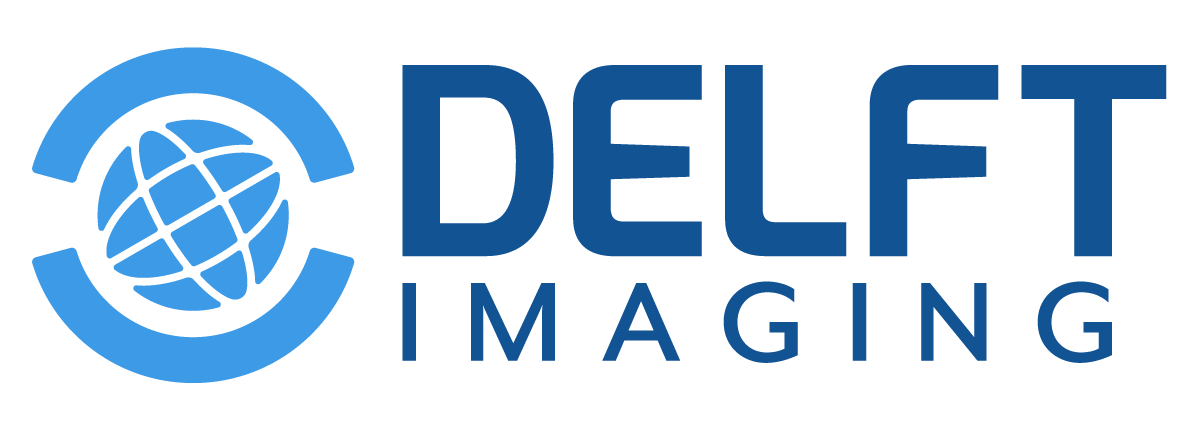Amie Lompri Koroma, Program Director at the White Ribbon Alliance in Sierra Leone, discussed the importance of embracing innovation to combat healthcare challenges in her presentation, titled “Exploring Experiences with Smartphone AI in Fetal Ultrasound: A Study from Tonkolili, Sierra Leone,”at the 2024 BabyChecker webinar.
Her research provided valuable insights into the adoption, challenges, and sustainability of BabyChecker in maternal healthcare and shed light on how it has integrated into routine antenatal care (ANC) visits in Tonkolili District, Sierra Leone.
The maternal health crisis in Sierra Leone
Sierra Leone faces one of the highest maternal mortality ratios (MMR) globally, with 717 maternal deaths per 100,000 live births (2020). Prenatal mortality remains a pressing issue as well, with 31 newborn deaths per 1,000 live births in the same year.
Despite efforts to improve maternal health, access to basic obstetric services such as ultrasound remains extremely limited. “Most healthcare workers in Sierra Leone go through their entire careers without ever seeing or using an ultrasound machine, and most pregnant women never receive a single scan throughout multiple pregnancies,” Amie Koroma highlighted.
This gap underscores the urgent need for innovative, cost-effective solutions like BabyChecker that can bridge diagnostic disparities and reduce preventable maternal and newborn deaths.
Piloting BabyChecker in Tonkolili: A step toward equitable maternal care
The BabyChecker pilot program was launched in Tonkolili district in 2022 to integrate AI-enabled ultrasound into routine ANC visits. Free scans were offered to pregnant women, with risk-based referrals to secondary care when needed.
Amie’s study aimed to assess the feasibility and sustainability of BabyChecker’s implementation, exploring:
- Knowledge and awareness of ultrasound among healthcare workers and patients.
- Barriers and facilitators to AI adoption in routine maternal health services.
- Healthcare system factors influencing implementation.
The study involved interviews and focus group discussions with:
- Senior officials from the Ministry of Health and Sanitation.
- Frontline healthcare workers using BabyChecker.
- Pregnant and lactating women who underwent scans.
Key Findings: AI’s role in improving maternal healthcare
1. Increased awareness and acceptance of ultrasound scans:
Participants overwhelmingly recognized the importance of ultrasound in pregnancy monitoring. Pregnant women reported that BabyChecker gave them confidence in their pregnancy status, while healthcare workers valued its ability to identify fetal distress and anomalies early. “Before BabyChecker, many women lost their babies without even knowing something was wrong. Now, we know what is happening inside,” shared one expectant mother.
2. User-friendly technology empowering healthcare workers:
Healthcare workers praised BabyChecker’s step-by-step visual guidance and traffic light referral system, which made it easy to use without formal ultrasound training. “It reduces the time spent listening for a fetal heartbeat manually. With BabyChecker, we can now identify gestational age and risks faster,” noted one healthcare worker.
3. High community acceptance and increased ANC attendance:
Women trusted BabyChecker’s results more than traditional manual assessments. Its availability encouraged more women to attend ANC visits earlier and more frequently, strengthening maternal healthcare utilization.
4. Operational barriers to implementation:
Despite the benefits, several challenges hindered BabyChecker’s full potential:
- Limited healthcare resources: Many facilities lacked examination beds for ultrasound scans.
- Weak referral systems: Ambulance shortages and inadequate secondary care capacity meant high-risk patients could not always receive timely interventions.
- Infrastructure gaps: While some pilot sites had solar power, electricity and internet access remain unreliable across Sierra Leone.
“The BabyChecker device works effectively, but systemic weaknesses like unreliable supply chains and poor infrastructure must be addressed,” emphasized a senior health official.
Ensuring sustainability and long-term impact
1. Over reliance on technology vs. retaining manual skills:
While BabyChecker enhanced task shifting, some healthcare workers expressed concerns about losing manual diagnostic skills due to reliance on AI. “We are using BabyChecker so much that we’re forgetting traditional skills. We need to balance both,” warned one provider.
2. The need for clear guidelines and consistent supplies:
Sierra Leone lacks national policies on AI-driven maternal health technologies. Amie Koroma’s study highlighted the need for structured guidelines to support integration, including:
- Procurement and supply chain systems for sustainable access.
- Government and partner collaboration to fund AI-based maternal health programs.
3. Addressing socio-economic barriers:
Healthcare workers reported that financial barrier and inconsistencies in service delivery discouraged some women from seeking care.
Implications for implementation: Scaling AI in maternal health
To maximize BabyChecker’s impact, Amie Koroma emphasized several critical actions:
- Educate healthcare workers to ensure AI is viewed as a complement, not a replacement, for traditional maternal healthcare.
- Expand funding and investment in infrastructure, particularly electricity, internet, and referral networks.
- Develop national policies to regulate the use of AI and standardize maternal health technology adoption.
- Refine BabyChecker’s features to better fit the realities of low-resource settings, such as offline functionality and customized training modules.
“AI can bridge gaps in maternal healthcare, but systemic and operational challenges must be addressed for sustainable impact,” Amie concluded.
Looking ahead: The future of AI in maternal health
Sierra Leone’s experience with BabyChecker presents a model for AI-driven maternal healthcare in low-resource settings. By combining smartphone-based ultrasound, AI diagnostics, and digital health records, the country is taking a critical step towards reducing maternal and neonatal mortality.
However, for long-term success, governments, healthcare providers, and innovators must work together to strengthen health systems and scale AI interventions responsibly.
